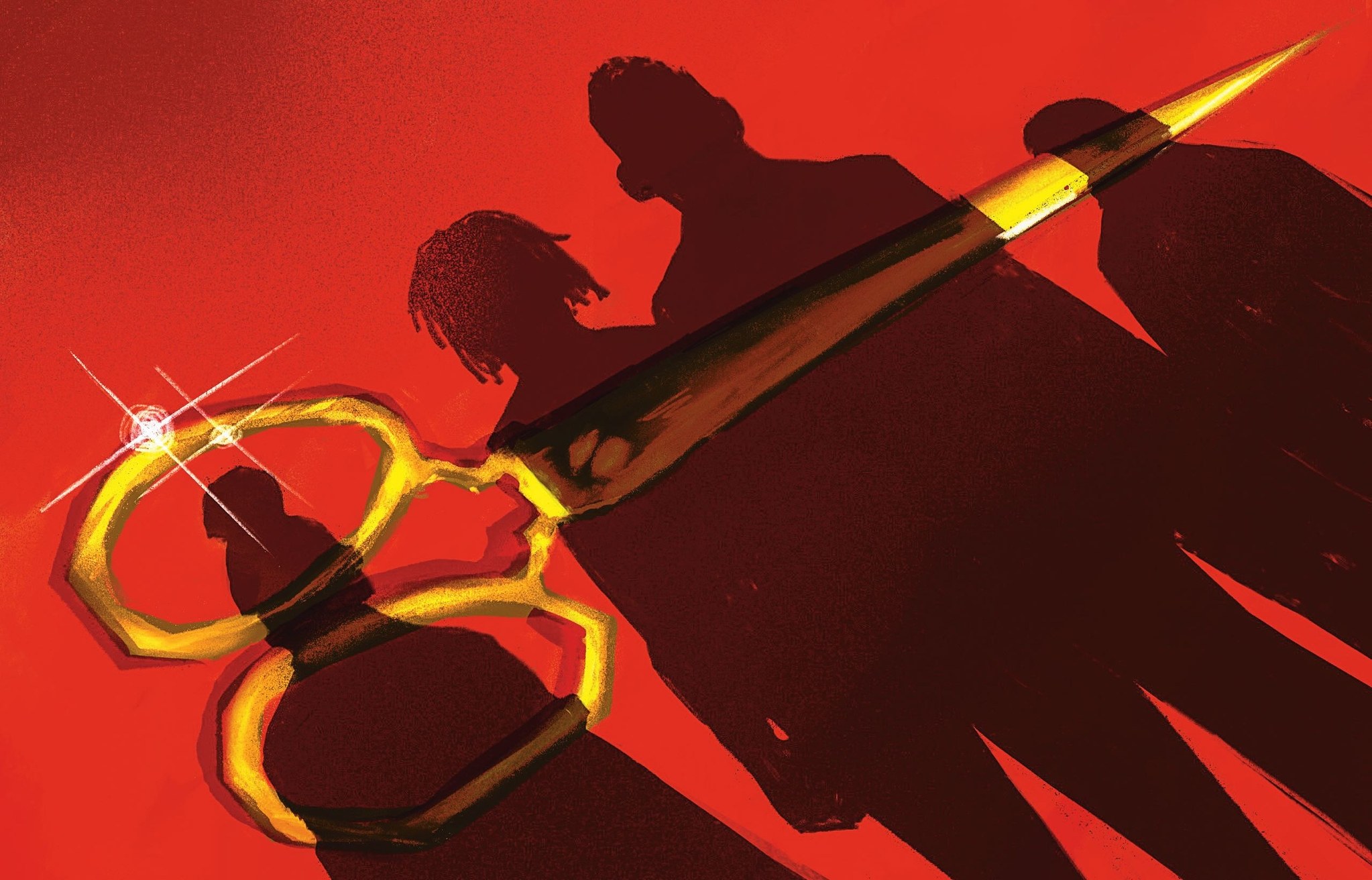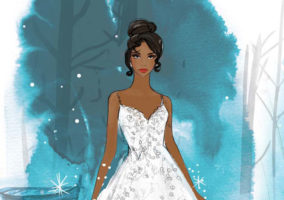
Before we jet off to fabulous and unknown locations for the weekend, here’s a lovely parting gift from us to you: all the posts, articles and essays that caught our eyes and tickled our fancies this week. Enjoy, darlings!
Before this show, I really believed in the fashion industry more. In the beginning, I think maybe I had a little ego about it. Aidy knew going in that this was going to be a struggle, and I was like, “Oh, there’s stuff for you out there, don’t worry! I’m about to show you the world, and it’s going to be amazing.” Then we ordered all this stuff and when it came in, it was terrible — all polyblend and so cheap. I was like, where are they even buying this fabric? It was borderline insulting. And the sad truth is there was nothing out there. It was a dead zone.
Aidy Bryant’s clothes in Shrill are a plus-size dream. Here’s why you can’t buy them. By Kelsey Miller at Vox
For a few moments, I tried to will away the pain and the nausea. I said to myself, “I will not be paralyzed.” I moved my fingers and toes to make sure that was true. To keep my memory alive, I tried to recall, among other things, some lines from “Game of Thrones.”
I heard a woman’s voice coming from the next stall, asking me if I was O.K. No, I wasn’t. She came to help me and maneuvered me onto my side, in the recovery position. Then everything became, at once, noisy and blurry. I remember the sound of a siren, an ambulance; I heard new voices, someone saying that my pulse was weak. I was throwing up bile. Someone found my phone and called my parents, who live in Oxfordshire, and they were told to meet me at the emergency room of Whittington Hospital.
A Battle for My Life by Emilia Clarke at The New Yorker
Train people are content to stare out the window for hours, like indoor cats. The trouble with the Lake Shore Limited is that the amount of enjoyment it is possible to derive from staring out the window of a train is inversely proportional to the population density of the land you are traversing. People need things, and unfortunately most of those things are ugly to look at. Many of them are gray. Views picked up considerably when, after a five-hour layover in Chicago, I transferred onto the Southwest Chief, a double-decker “Superliner” with many of its coach seats, sleeping quarters and lounges on the top level. Sightseer Lounges are the crown jewels of Amtrak’s long-distance trains: entire cars of retro-futuristic curved floor-to-ceiling windows where passengers can sit at tables or outward-facing upholstered chairs and watch the scenery streak by. Shortly into its route, the Chief passes the single best thing in the United States: a silo in Mendota, Ill., with an 80-by-20-foot ear of corn painted on one side.
I also told her that, as we sat in her country-chic breakfast nook in Studio City, California, discussing the legacy of “Cathy” and the world Guisewite created, I could not stop thinking about my own mother, a highly functional and accomplished professional who nevertheless spent most of the 1980s yo-yo dieting and Jazzercising, seesawing between omnivorous ambitions and rigid self-control. When I was a child, my mother mainlined her morning coffee out of a chipped Cathy mug, and I came to associate that object with the kitchen as a contested space, where desserts were never just desserts. They were vessels of cacophonous mixed messages: Be powerful. Be smaller. Enlarge your dreams. Decrease your appetite. Indulge. Refuse. Stay ravenous. Don’t touch the cake.
The Feminist Paradox of Cathy Guisewite by Rachel Syme at The Cut
I think there’s a bit of the sameness in a lot of the characters I do. I think there’s a lot of … insecure delusional. And I say this a lot, but I love playing people who have no real sense of the impression they’re making on anyone else. But the more I say it, the more I realize that’s all of us, and the internet, social networking, is a desperate attempt to try to control what others think of you. But look, we’re all trying to do that all the time. Anyone who reads your Twitter account as a follower — what the hell is that? I’ve never been consciously aware that I was hiding myself, but I also have never thought, I’m so interesting as myself. I’ll have thoughts where I think, Oh, that’s a good thought! That’s a good idea! I’ll share this! But generally speaking, who does think that way? Really?
In Conversation: Catherine O’Hara by E. Alex Jung at The Cut
Law Roach, the man behind the looks of Instagram’s biggest celebrity as well as Zendaya and Tiffany Haddish, uses clothes to send a message.
Ariana Grande’s Stylist Is Not Just Waiting in the Wingsby Claire Coghlan at The New York Times
The new chairman of the Council of Fashion Designers of America never said that thing about Melania Trump — and says American designers must look outward.
Tom Ford on Melania Trump (and the Future of American Fashion)by Vanessa Friedman at The New York Times
“I’m Indian, and to think of the millions of babies who look exactly like my daughter, who don’t have the same advantages that she does, it is very chilling to me.”
Mindy Kaling on How Motherhood Shapes Her Activismby Lindsay Weinberg at The Hollywood Reporter
“When you’re young and figuring shit out, you’re very much a question. Everything in life is uncertain. You don’t know who you are, what you’re gonna do, what sexuality you are. You’re just a ball of confusion. Which is, for me as a filmmaker, so fascinating. And there’s just so much dramatically and dynamically that can happen. Like, the characters of Now Apocalypse, anything can happen to these fucking people. They could be fucking president. They could be a fucking heroin addict. We don’t know what’s gonna happen to these these fucking kids. And that’s so, creatively as an artist, such an awesome canvas to paint.”
The Big, Queer Universe of Gregg Araki The filmmaker on Now Apocalypse, writing through the AIDS crisis and Trump era, and gay-baiting on Riverdale.by Manuel Betancourt at Vox
The director’s indictment of racial prejudice in “Get Out” was blistering stuff, but “Us” travels further and deeper, sparing nobody, regardless of color, age, or creed.
With “Us,” Jordan Peele Steps Beyond the Confines of the Horror Flick by Anthony Lane at The New Yorker
[Photo Credit: Chris Kindred/The New Yorker]
Friday Leftovers for the Week of March 17th, 2019 Next Post:
Red Carpet Rundown: The 2019 Kids’ Choice Awards
Please review our Community Guidelines before posting a comment. Thank you!



